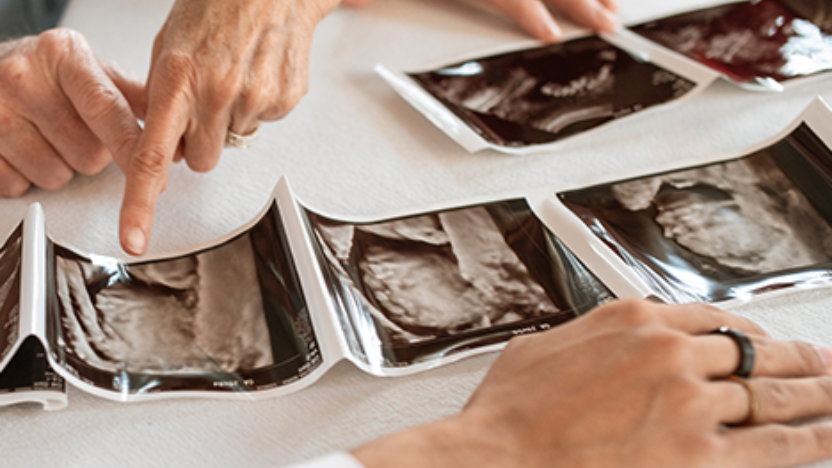
Medical negligence
What are the early signs of sepsis?
Our experts explain how common sepsis is, how to recognise it early and what to do in cases of sepsis medical negligence.
Sepsis is a life-threatening condition that arises when the body’s response to an infection causes inflammation and injury to its own tissues and organs as the immune system goes into overdrive. While sepsis is incredibly dangerous, there is no single sign or diagnostic test, making it difficult to recognise. Without urgent treatment, sepsis can turn into septic shock, leading to organ failure. Due to this significant risk, it is vitally important to know how to recognise the early signs of sepsis.
How to identify sepsis
While sepsis is a response to separate infection, it has its own signs. Common signs of sepsis include:
- Slurred speech
- Extreme shivering
- Muscle pain
- Passing no urine in a day
- Severe breathlessness
- Pale, blotchy or blue skin, lips or tongue.
Official NHS advice on sepsis is that if you think you or someone you look after has symptoms of sepsis, call 999 or go to A&E. Trust your instincts.
How common is sepsis
According to the UK sepsis trust, there are at least 245,000 cases in the UK every year. and 48,000 deaths because of it. This means that 5 people die due to sepsis every hour.
Globally, sepsis affects around 49 million people annually. That is roughly 134,000 people every day. Sepsis accounts for one in five of all deaths around the world which is why recognising the symptoms of sepsis is so important, especially early symptoms.
The consequences of not catching sepsis early are that treatment may not be effective. If sepsis is not caught and treated in time, it can become severe sepsis and then septic shock. Septic shock is a potentially fatal bacterial infection, that causes low blood pressure, widening of the blood vessels (vasodilation) and organ failure.
What are the early signs of sepsis
The early signs of sepsis can be small and easy to miss, but it is always better lean on the side of caution if you notice symptoms such as:
- a high temperature (38 degrees Celsius or above)
- low body temperature (below 36 degrees Celsius)
- chills and shivering
- a fast heartbeat
- problems with or changes to breathing
- feeling or acting differently from normal
- vomiting
- a headache
If you are concerned about your health or the health of someone you care for, because they present early symptoms, call 111 for medical advice.
Can sepsis be caused by medical negligence?
Unfortunately, sepsis can be caused by negligence medical care. Some scenarios include:
- Failure to diagnose or a delay in diagnosing sepsis.
- Misdiagnosis of sepsis, leading to incorrect treatment.
- Prescribing the wrong medication for sepsis.
- Poor hygiene or care standards causing an infection to progress to sepsis.
- Surgical errors leading to postoperative infections.
It is essential that sepsis is diagnosed and treated within hours, and failure to do so due to any of the reasons listed above could mean a sepsis negligence claim.
How Slater and Gordon can help
Slater and Gordon have a team of medical negligence solicitors, who are experienced in managing sepsis negligence claims for people who have ended up with serious complications from a misdiagnosis or a delay in treatment.
We understand that sepsis can be extremely distressing for everyone involved. Our experts not only support you through your legal needs, but also recognise the emotions you are going through, which is why we set out to answer any questions you may have in a personable and understanding manner.
Our team includes expert in-house litigation nurses, so we are able to assess and evaluate your medical records to identify which mistakes were made and which aspects of your medical care we will include in your claim.
Our in-house rehabilitation coordinator will also organise any necessary rehabilitation you may need, so you can focus on recovery whilst we fight for your compensation.
For more information call 0330 041 5869, or contact us online.



